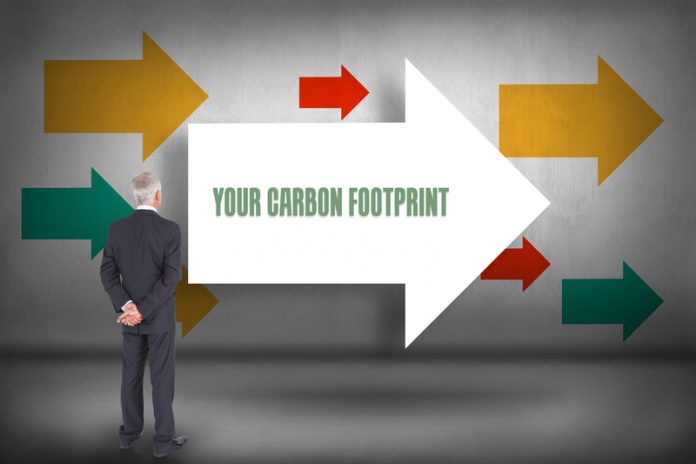Wulfric Blackwell, Habitats Project Manager at Thomson environmental consultants argues that sustainability begins in the workplace and reveals how businesses can help reduce their carbon footprint
As an environmental consultancy, we take sustainability seriously and as the world wakes up to the fact that the throwaway society that we live in has long-term consequences for the planet and for all our futures, it is incumbent upon all of us to become more sustainable in the ways that we live and work. The impact of television programmes like David Attenborough’s Blue Planet have helped the world to see the how climate change is changing our environment and the way that materials like plastic are causing long-term damage to rivers and oceans.
We are gradually becoming more aware of the fact that the way we travel from A to B, what we eat, what we wear and how we light and heat our homes can have direct consequences for the future of our planet. At a government level, change is slow but a global action plan to limit damage from climate change was adopted by almost 200 nations in December 2018 at the last UN climate change conference in Poland.
As governments around the world start to take action, businesses are waking up to the fact that sustainability is vital for future business success and that they can act faster to make a difference now by starting to adopt sustainable practices within the workplace. Many larger businesses now have in house sustainability teams to help guide policy in this area but there are also many ways that employers and employees of SMEs can help to make the workplace more sustainable too.
Here are a few ideas which are not costly, but which recognise that we can all make a difference if we make an effort.
Brief your staff
Make sure that all new employees are advised on the steps that they can take to help reduce their carbon footprint and how vitally important this is in a time where climate change and global warming are at the forefront of political and social agendas.
Flexible working
By encouraging flexible working and working from home, you can help to cut car travel and unnecessary travel. Encourage employees to use public transport, to car share or to cycle when they do travel to work. Maybe set up schemes that encourage them to do this.
Think before you print
Dual screen computers cut down the need for documents to be printed. Make sure that your employees understand about the environmental impact of printing in colour as compared to printing in grey-scale and limit colour printing as much as possible. An idea we’re currently trialling is the use of tough pads by our site teams and field surveyors. This is helping reduce the amount of paper used for onsite health and safety files.
Make supply chains sustainable
Make sure that your internal and external supply chains demonstrate sustainability. Do your suppliers have environmental credentials? Many businesses now work hard to ensure that their supply chains demonstrate green credentials. This means that it is more important than ever to have a strong environmental policy as part of your bid for contracts. If you can demonstrate your green credentials, you could have a better chance of winning the business.
Recycling
Set up a comprehensive recycling scheme in the workplace. Install recycle bins that include paper and card combined with plastics that have been washed and are freed of food waste. You can also add glass and plastic bags to your weekly recycling and arrange for a local waste company to pick it up. If no local company will collect it, maybe organise a rota where each employee gets involved in taking it to a collection point. You want to get to the point where recycling outweighs general waste disposal week to week.
Community efforts
Charity begins at home…and at work. Seek out local conservation groups and charities and offer to help their causes.
For example, the staff at Thomson undertake a beach clean every year to support Surfers Against Sewage. In this year’s plans, we’re embarking on a river clean up local at our head office in Surrey. We also support charities such as the Wildfowl and Wetlands Trust, and this year we’re supporting WaterAid. Our teams regularly come together to raise money for these charities with cake bakes, pumpkin carving and other office-based activities.
We’ve donated old survey equipment to local conservation groups instead of just retiring them, and we’ve also gone into local schools to do talks on species, habitats and the marine work we do.
Why not organise a local litter pick and consider ways of reducing waste when out and about too?
Search to give
We encourage our employees to use a search engine called Ecosia. Through conducting their web searches via this platform, the site uses sponsored advertising to contribute money to planting millions of trees across the globe.
Accreditations
Thomson holds the ISO 14001 Environmental Management Service accreditation which shows we truly believe in making an informed and planned difference to the way in which business is conducted environmentally.
Sustainability is an issue that should be on everyone’s mind. Quite simply, with an ever-increasing number of developments and a growing population, we must act now to help protect our environment for future generations.
Wulfric Blackwell
Habitats Project Manager
Thomson environmental consultants
Tel: +44 (0)1483 466 000











